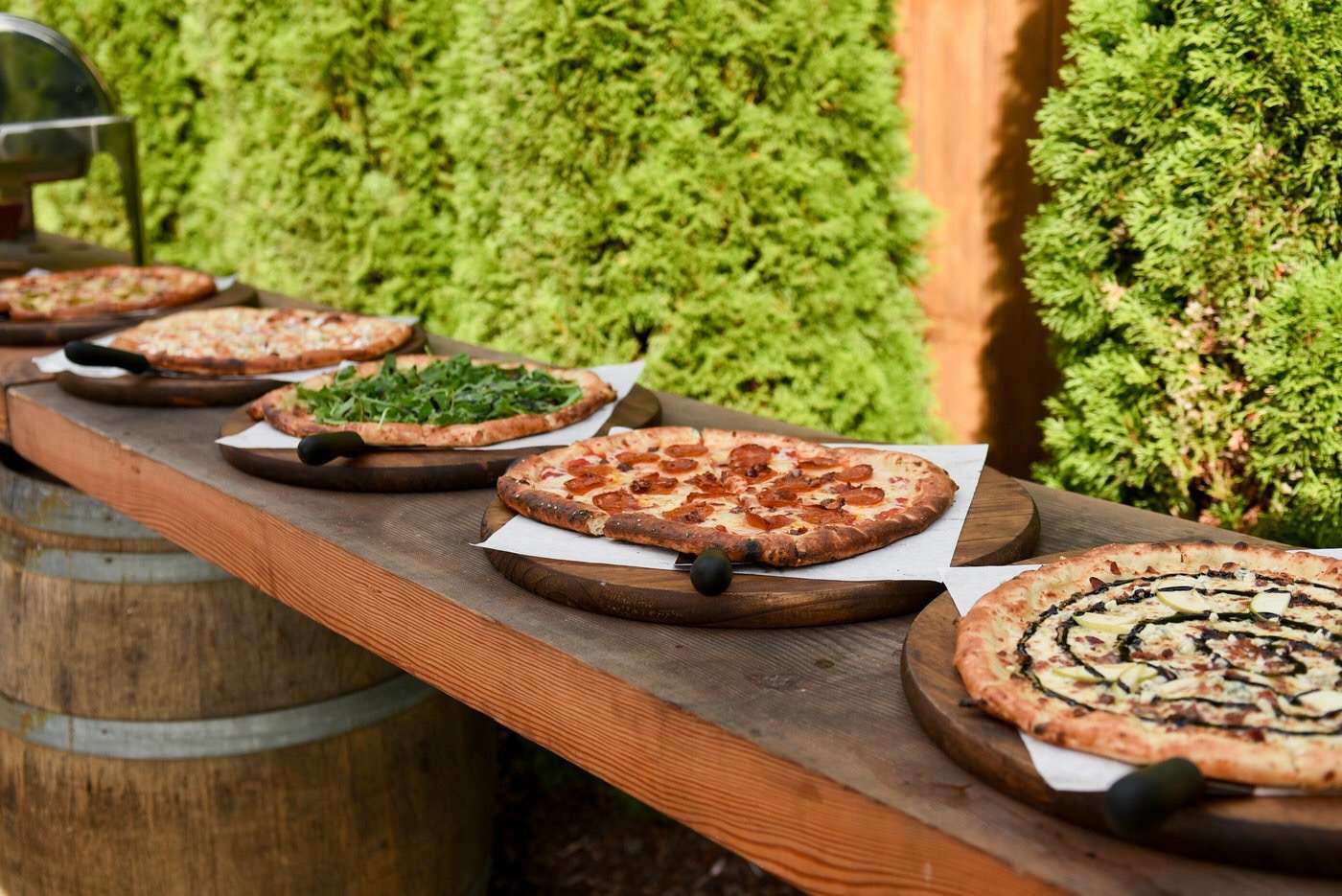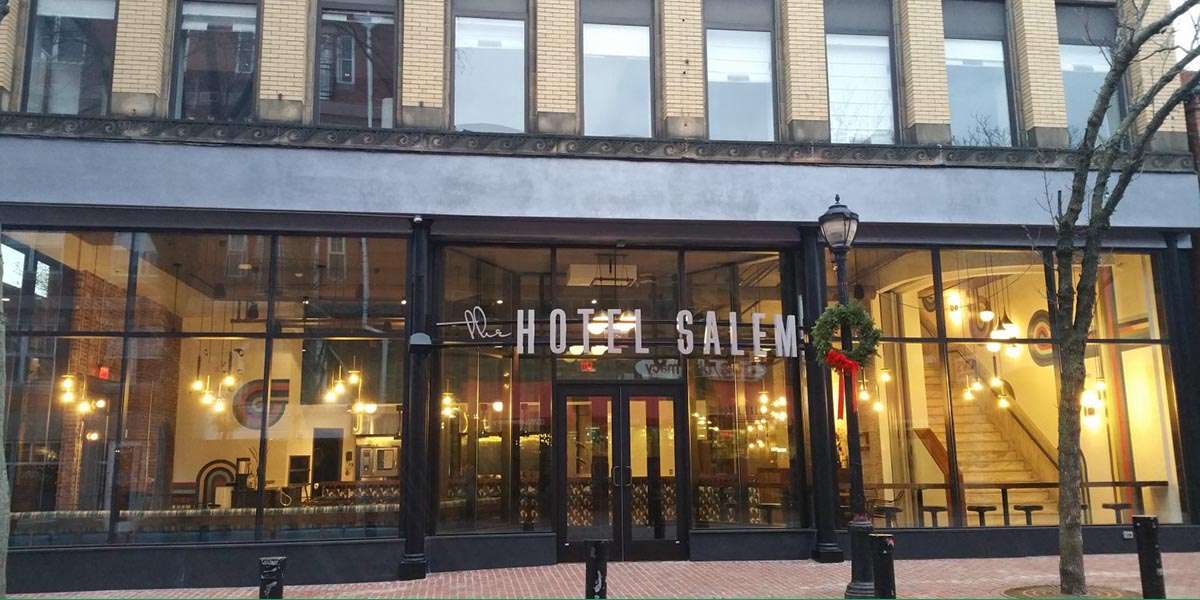If you run a hotel, motel or inn that hosts events or are a caterer that works with a hotelier or in the hotel industry, then you are well aware that running a banquet business in addition to managing your regular guest room bookings can be a big revenue boost. With that said, managing events and catering also requires more time, resources, staff and an additional set of tools to help you track all the details involved in booking your function spaces and catered events.
While some hotel software platforms - including hospitality software applications, hotel room booking solutions, point-of-sale (POS) software, government risk compliance (GRC) solutions and property management systems (PMS) - do offer some event management tools, most are not equipped to handle everything you need to manage private or group events. Dedicated hotel event management software platforms often offer the best tools simply because they are built specifically for handling the events side of the business, with all its attendant client, vendor, prospecting, sales, booking/scheduling, marketing, billing and reporting management needs.
The great thing about hotel sales and catering software is that whether you run a single facility, a multi-property/multi-venue operation or a hotel franchise, many applications can scale to meet your needs.
So what should you look for when assessing hotel management software for events? Here are seven must-haves that you should add to your checklist.
1. Catering Management + Vendor Tracking
Does your facility have its own restaurants or dedicated catering kitchen? Or do you sell catering provided by off-site vendors? Either way, managing your food-and-beverage sales is a big priority and so your catering system must have tools for tracking things like headcounts, food-and-beverage orders, menus and individual food items, recipes and portion sizes as well as the ability to automate many manual processes.
In addition, the ability to produce up-to-the-minute banquet event orders (BEOs) (or banquet checks, kitchen orders or function / run sheets, as they are also called) - is a huge asset, as is the ability to create delivery lists and packing lists on the fly. Other options some platforms offer can include tools for managing additional suppliers like outside A/V, transportation, decor/design and rentals vendors as well as a vendor network for searching and sourcing suppliers.
2. Hotel Sales and Billing Management (w/ Integrated CRM)
The second major asset of a solid hotel event management software is the ability to track all your leads, sales, billing and payments for all your group sales / banquet sales. And the foundation of this is a comprehensive event customer relationship management (CRM) system that lets your sales team manage all their prospecting and customer information, including contact details, order history and communications.
Look for hotel sales software solutions that offer lead pipeline tracking for your event and group business clients and the ability to add webforms to your website to collect leads; store and track RFPs; proposal creation and signoff; contracts and electronic signature capture; invoicing and billing; function diary or timeline creation; and online payment processing with reputable credit card processing providers.
Additional bonuses here include the ability to build custom event floor plans and room layouts - 2D or 3D - to show prospects what they can expect if they book with you and marketing management tools such as email marketing and company websites.
3. Facility and Booking Management
The third crucial leg of any hotel sales & catering software is the ability to track event bookings in one centralized place. Unfortunately, double-booking events is a common error in the hospitality industry, and what makes this so unfortunate is that it is completely avoidable.
A solid facility and event scheduling platform gives you a very clear view of your bookings calendar, including your booked rooms and function spaces, on-hold events and availability. Look for added features like different views (events vs. appointments / tours / reservations vs. bookings by rooms/spaces) as well as guest room management (for reservations, check-ins, etc.), hotel room block management and direct bookings functionality (which may already be included in your hotel CRM software / hotel management system).
Some event and bed and breakfast booking software applications also offer inventory and resource management tools for tracking bookings of equipment, rentals (tables, chairs, flatware/plateware, etc.), decor and other items you may want to allocate to your booked events.
4. Customization and Ease-of-Use
This feature is more subjective but just as vital for finding a hotel event management software system that fits your specific needs, and it is heavily dependent on those needs.
For instance, do you need an all-in-one venue software solutions or just a handful of tools with specific functionality (like a booking calendar, billing tool or catering solution)? Or do you need a mobile-friendly application that works on iPads, iPhones and Androids just as well as it does on a PC or Mac? Do you want a cloud-based application that requires no upkeep or installation or do you prefer to run an application locally on your server or computer? All these questions will dictate what hotel sales and catering software system you gravitate towards.
One thing you should not compromise is if the application is supported or not, which includes phone/email customer support, demos, trials and training. Another thing to look for is the ability to customize the application in a variety of ways, including adding your hotel’s branding, customizing the documents that are produced by the application and adding reusable templates for repetitive tasks like proposals, contracts and task lists.
Finally, because most hotels, B&Bs and lodging venues operate multiple pieces of hotel software, you should look for software that integrates with other applications you are using like Delphi, Oracle platforms, Quickbooks, Xero, Salesforce, Amadeus, Event Temple, Google Drive or Constant Contact.
5. Reporting and Analytics
A reputable hotel event planning software tool will not only give you an organized platform for storing and retrieving data but will also provide insights into that data so you can make smart decisions about your business moving forward.
Hence, the system you choose should have comprehensive reporting on a variety of metrics (leads, customers, space/venue usage, invoices, payments, revenue management, profitability, etc.) as well as status dashboards that display real-time data on timely items like upcoming events, unfinished tasks, unsigned documents and the like.
6. Event Management and Attendee Tools
This feature set also depends on your needs, the types of events you host at your venue and the services you provide to your customers.
For instance, if you have an on-site event planner or offer event planning services, you may need additional tools for building detailed budgets and day-of schedules with staff assignments as well as managing event vendors, exhibitors, sponsors and speakers (especially if you have a heavy demand for meetings and conferences). And if you organize your own events (like wine tastings or concerts) you may also need event websites, social media marketing and registration and ticketing tools for promoting your events and managing ticket sales.
Or if you don’t offer event planning as part of your services, you may want to provide your customers event planning tools as a value-add to supplement your other services.
7. Communications and Collaboration
The ability to easily collaborate with staff members and contractors as well as communicate efficiently with prospects and clients is essential for everyone from the director of sales to the catering manager in keeping your event business rolling along smoothly. Most hotel event management software offers the ability to add additional users and control their access and permission settings, which enables real-time sharing of information in your account.
However, look for hotel sales software solutions that go the extra mile and enable hoteliers to manage the email communications with your leads and customers and integrate with the email platforms you are already using (like Gmail, Outlook, etc.). Some apps will even let you compose and send text messages to customers who prefer that mode of communication.
In addition, interactive tools like event planning checklists / task list managers and shared staff calendars allow you to track your staff’s progress on their assignments, and staff scheduling tools let you set days and times for which events your staff members are assigned to and what they will be doing on those occasions.







